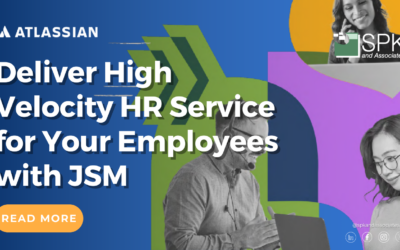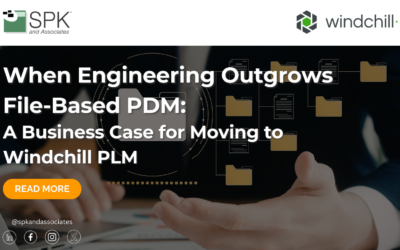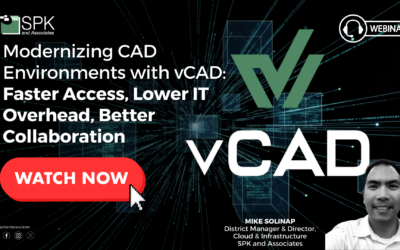If you’re like many SMBs, IT infrastructure is not your favorite topic. You think about it when you have to, which means that it often becomes neglected, lagging behind other capital investments. What’s more, there’s a good chance your current IT solutions are getting creaky, held together with the digital equivalent of duct tape and chicken wire.
You know you need to invest in new server or desktop solutions. But you’re worried about significant upfront expense. And that capital expenditure is only the beginning. There’s also the costs associated with power and cooling. Finally, on-premises server solutions are often not the best, because your last-mile network connectivity might not be great.
Ignoring it until you absolutely have to act might be the easiest way of dealing with your servers, but it’s far from the safest. Waiting too long to act can quickly turn a minor headache into a major calamity — one that jeopardizes the very existence of your business. In the meantime, you’re limiting your business in terms of what applications and solutions it can deploy, falling behind your competition.
Hybrid cloud solutions are just what the doctor ordered. The hybrid cloud leverages both on-premises and off-premises servers, and even remote or cloud desktops, allowing you access to the best of both worlds.
Hybrid cloud solutions require a fraction of the capital investment that on-premises servers do. You don’t need to buy enough servers to handle your busiest day of business. You simply buy what you absolutely need in order to get by. From there, the cloud steps in to help you conquer those times when sharp demand requires a significant increase in computing power. Need to scale up to process a massive increase in customer transactions on Black Friday? Hybrid cloud has you covered. That includes the flexibility to run latency or regulatory sensitive applications in the most appropriate location.
Depending on your configurations, hybrid cloud might be even more secure than fully on-premises server solutions. Data is encrypted both at rest and in transit. But the key phrase here is “depending on your configurations.”
Indeed, hybrid cloud solutions come with their own set of complications, of which security is only one. These include:
- Architecture: Without the correct architecture, you can’t effectively leverage the cloud. That means poor security, stability and performance. The cloud is not simply “plug and play.” It needs to be set up properly to get the most out of it. That means understanding the underlying protocols and architecting it into the cloud properly.
- Underestimating Automation: One truly revolutionary advantage of the cloud is the ability to dramatically increase task automation. Those without experience in the cloud or with automation often underestimate what they can automate leveraging the cloud, failing to take full advantage. Automation saves labor costs and allows your engineers or employees to do more with less risk of manual error.
- Security: As stated above, hybrid cloud can be more secure than on-premises. However, there are a number of attack vectors that need to be dealt with. This necessitates a security team experienced with hybrid cloud solutions.
- Provisioning: Because servers can easily be newly provisioned, it’s easy to create new provisions without proper security measures in place. What’s more, costs can quickly spiral out of control due to an unnecessary or untracked increases in provisioned resources.
- Compliance: You might know your industry’s compliance requirements. But do you know how to translate them to your hybrid cloud services? Compliance failure can easily cost your business more than it can afford, and all due to a minor slip up.
Several of our clients came to be our clients after attempting to integrate hybrid cloud themselves and slipping into the dangers outlined above. We work directly with the IT departments of those companies, educating them on the complexities of working with hybrid cloud. We also manage and automate those drudge tasks that consume your IT team’s time and distract them from their more exciting work.
Next Steps:
- Contact us to learn how our cloud strategies can be customized to meet your SMB objectives.
- Read our White Papers & Case Studies for examples of how SPK leverages technology to advance engineering and business for our clients.








